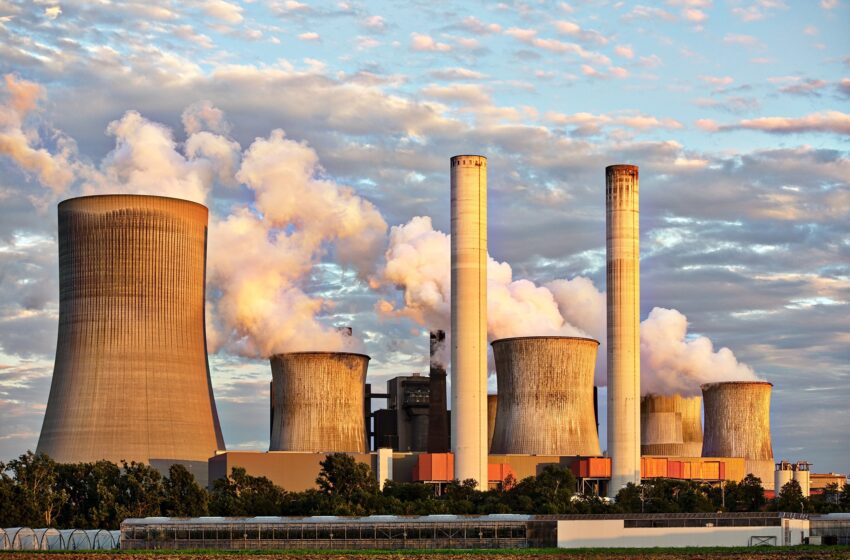
UAE Signs Three Agreements with Chinese Entities to Support Low Carbon Nuclear Power
The UAE’s Emirates Nuclear Energy Corporation (ENEC) has signed three agreements with Chinese nuclear energy entities to advance collaboration between the two parties to boost low-carbon nuclear power.
The Emirates is the first country in the Middle East to operate zero-carbon nuclear power, which, along with renewable energy, will provide 14GW of clean energy for the UAE by 2030. The low carbon nuclear power is critical for the country as it pursues a 2050 ‘net zero’ strategy.
The three MoUs were signed with the Nuclear Power Operations Research Institute, the China National Nuclear Corporation Overseas and the China Nuclear Energy Industry Corporation.
One of the agreements cover cooperation in nuclear energy operations and maintenance, the second one will focus on high-temperature gas-cooled reactors and the third seeks to foster collaboration in nuclear fuel supply and investment.
The nuclear energy plant is seen as a global benchmark for other nations looking to diversify their energy portfolio during a time of international energy crises, with three units delivered in three consecutive years, generating up to 4,200 MW of baseload, reliable, clean electricity.
ENEC is responsible for the development of the Barakah Nuclear Energy Plant, the Arab World’s first operational nuclear energy plant. Upon completion, the Barakah Nuclear Energy Plant will have four reactors with a total capacity of 5,600 MW, equivalent to almost 25% of the UAE’s peak demand. This is enough to power 574,000 households in the country for a whole year, ENEC said.

UAE Promotes Clean Energy
Barakah Plant’s construction commenced in 2012 and has progressed steadily ever since, with the construction of Unit 4 in the final stages.
The plant is a powerhouse for the UAE’s sustainable development, energy security and stability, generating high-value jobs and stimulating the growth of local industries in addition to the significant environmental benefits for the nation over the next 60 years and beyond.
ENEC announced in February that it was operating, and maintenance subsidiary Nawah Energy Company (Nawah) had started commercial operations of Unit 3 of the Barakah Plant.
The third unit, which boosted Barakah Plant’s total production capacity to 4,200MW, contributed more than 80% of Abu Dhabi’s clean electricity consumption in December 2022.
The plant is spearheading the UAE decarbonisation efforts by preventing 22.4 million tonnes of carbon emissions annually. The clean energy from Barakah supports Abu Dhabi businesses’ sustainability by providing Clean Energy Certificates.
Investing in R&D
ENEC is investing in research and development (R&D) and innovation to further accelerate nuclear energy opportunities within the UAE’s clean energy transition. ENEC considers Barakah to be a major factor in the success of its plans, which include being a leader in current international investments in and the future of nuclear technology.
These include major opportunities in clean electricity exports, development of net zero molecules, including clean hydrogen and ammonia, and steam in addition to overseas investments and financing of new clean energy projects.
The plant is expected to pave the way for developing new carbon-free energy sources, such as industrial fuels, and hydrogen production and exportation. Barakah is a source of advanced heat and steam for heavy industries, and it promotes growth and innovation through R&D in the aerospace, medicine, and agriculture sectors.
The UAE Peaceful Nuclear Energy Programme aims to support the country’s pioneering role in the international energy sector including the major projects launched in the areas of renewable energy and energy transition.















